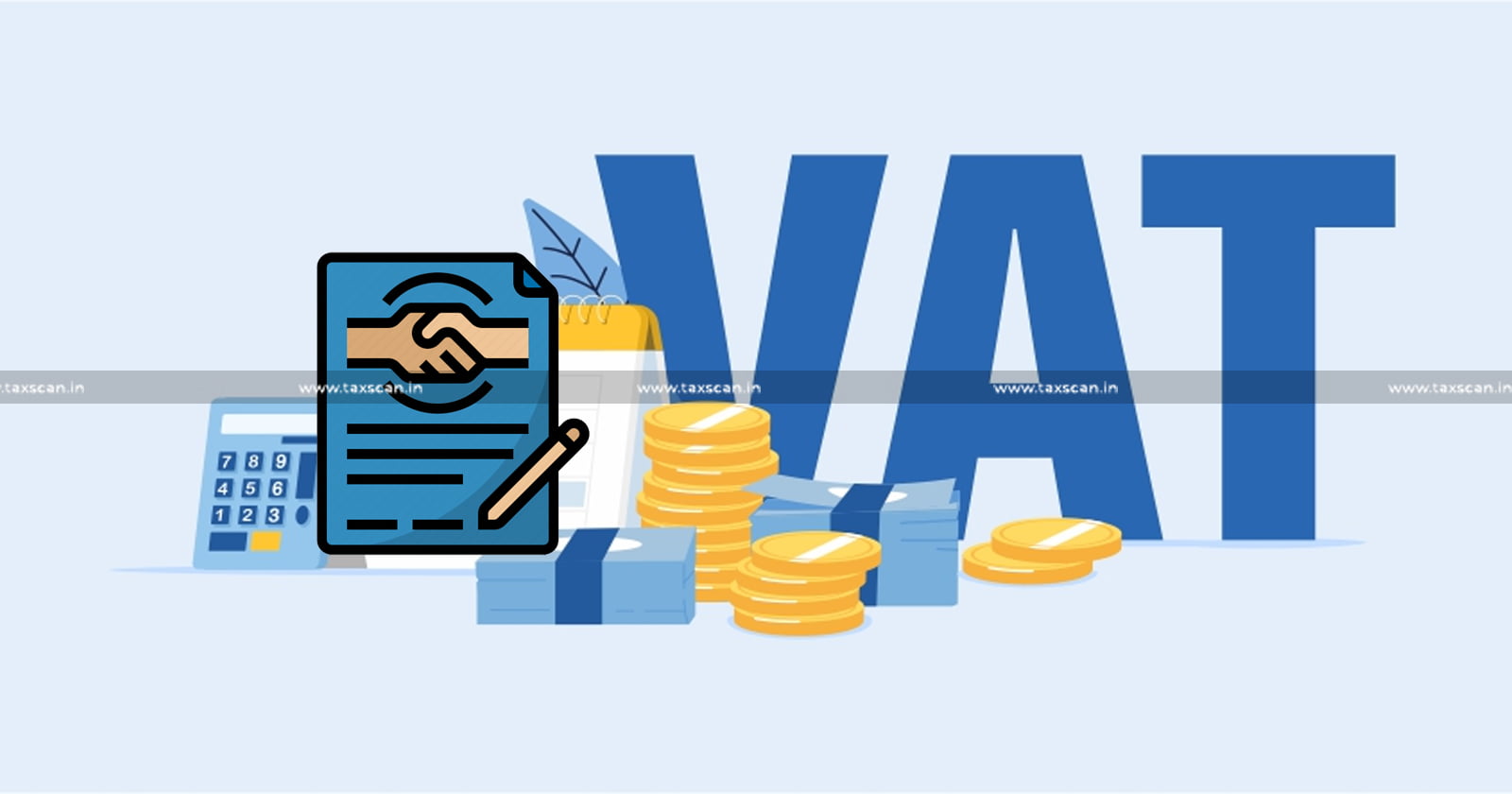GST Audit and Assessment Beyond Statutory Period with Wrong Invocation of S.74: AP HC Allows Filing of Appeal Before Appellate Authority [Read Order]
The Court noted that factual disputes regarding input tax credit claims and movement of goods could only be examined by the appellate authority
![GST Audit and Assessment Beyond Statutory Period with Wrong Invocation of S.74: AP HC Allows Filing of Appeal Before Appellate Authority [Read Order] GST Audit and Assessment Beyond Statutory Period with Wrong Invocation of S.74: AP HC Allows Filing of Appeal Before Appellate Authority [Read Order]](https://images.taxscan.in/h-upload/2025/10/03/2093477-gst-audit-1-1.webp)
The Andhra Pradesh High Court, allowed filing of an appeal before the appellate authority after finding that the Goods and Service Tax (GST) audit and assessment for FY 2017-18 to 2020-21 had exceeded the statutory period and Section 74 of the GST Act,2017 was wrongly invoked.
Master the Latest Amendments in Income Tax Act - Click here
Sakthi Ferro Alloys India Pvt.Ltd,petitioner-assessee, carried on business in steel scrap trading, and also had interests in logistics, warehousing, industrial parks, and TMT bar manufacturing.
The petitioner’s business for the financial year 2017-2018 was inspected on 31.01.2020. A notice under DRC-01A was issued on 07.06.2022 highlighting certain discrepancies and directing payment of deficit tax, which the petitioner paid. Subsequently, the 6th respondent concluded the adjudication for 2017-2018 to October 2021 through DRC-05 on 13.06.2022.
Later, the 4th respondent initiated audit proceedings under Section 65 of the Andhra Pradesh Goods and Service Tax (APGST) Act, 2017, covering June 2017 to March 2022. After reviewing the petitioner’s submissions, a discrepancy notice for 2017-2018 and 2018-2019 was issued on 29.12.2023.
The 4th respondent issued an audit report for these years on 12.01.2024, before the petitioner’s 15-day response period had expired. Another discrepancy notice for 2019-2020 and 2020-2021 was issued on 22.02.2024, followed by the audit report on 20.03.2024.
Thereafter, a show cause notice proposing levy of tax and penalties for 2017-2021 was issued on 30.04.2024. The petitioner submitted a detailed reply on 05.07.2024. After hearing the petitioner, the 4th respondent passed an assessment order under Section 74 on 05.09.2024 for 2017-2018 and 2020-2021, and later issued rectification orders on 10.09.2024 for 2017-2018 and 2018-2019, demanding Rs.130,61,31,604/- for 2017-2021.
The petitioner filed the present Writ Petition challenging these proceedings and orders.
The petitioner counsel submitted that the audit under Section 65 had to be completed within three months, extendable by six months only with the Commissioner’s written reasons. The audit in this case began on 28.12.2022, when the petitioner provided all requested documents, and the three-month period ended on 28.03.2023.
No extension was obtained, yet the audit continued and discrepancy notices were issued much later, making subsequent proceedings, including the Section 74 assessment and penalties, invalid.
The counsel also argued that Section 74 could not apply, as there was no fraud, willful misstatement, or suppression of facts. The limitation under Section 73 had expired, and the assessing authority had wrongly invoked Section 74 to bypass it.
 Also Read:Revenue Bound to Refund Excess VAT Once Form-P is Issued: Madras HC Orders Return of ₹1.14 Crore with 6% Interest [Read Order]
Also Read:Revenue Bound to Refund Excess VAT Once Form-P is Issued: Madras HC Orders Return of ₹1.14 Crore with 6% Interest [Read Order]
The respondents claimed that the petitioner had claimed input tax credit from non-existent entities and failed to show actual movement of goods. They also alleged that several transport vehicles could not have carried the goods.
The petitioner denied these allegations, submitting that all documents proved the claims were correct and the respondents’ contentions were baseless.
The court noted that the dispute involved factual issues that could only be examined by the appellate authority, not by the Court. It observed that the petitioner had already paid 10% of the disputed tax and could approach the appellate authority. The time during which the Writ Petition was pending was excluded from the limitation period.
Justice R Raghunandan Rao and Justice Challa Gunaranjan disposed of the Writ Petition, allowing the petitioner to file an appeal under the GST Act within three weeks, without limitation issues affecting it. The petitioner could raise all relevant grounds before the appellate authority, and the 10% tax paid was treated as the required pre-deposit under Section 107. All pending miscellaneous petitions were closed.
Support our journalism by subscribing to Taxscan premium. Follow us on Telegram for quick updates


